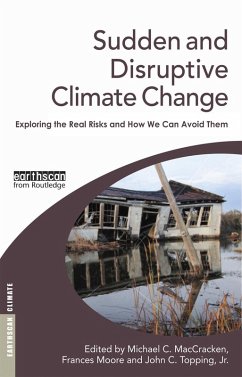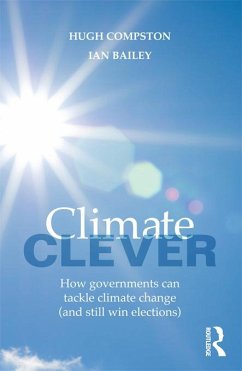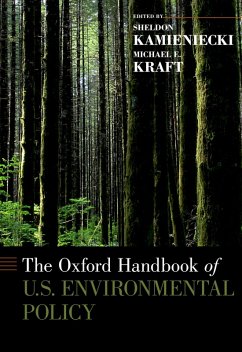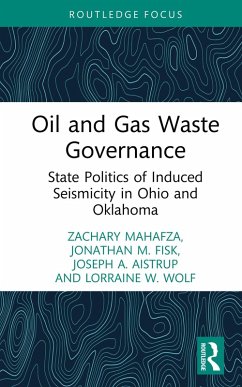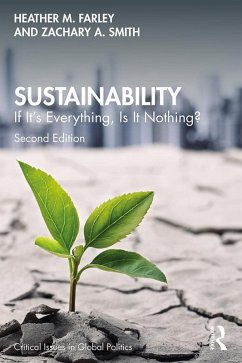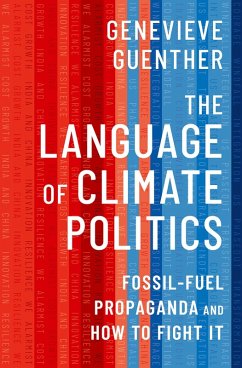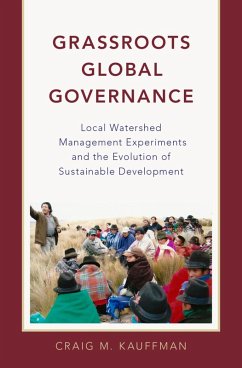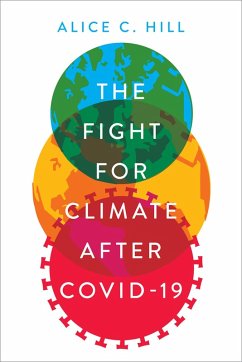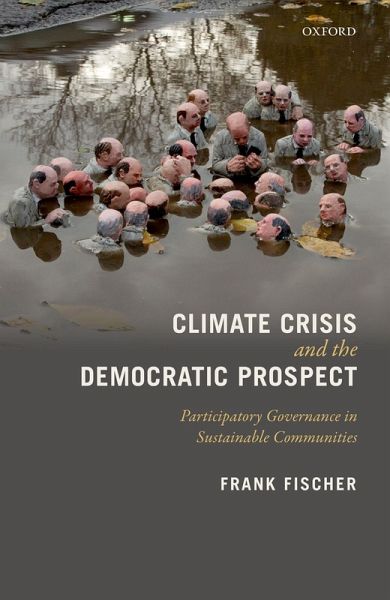
Climate Crisis and the Democratic Prospect (eBook, PDF)
Participatory Governance in Sustainable Communities
Versandkostenfrei!
Sofort per Download lieferbar
17,95 €
inkl. MwSt.
Weitere Ausgaben:

PAYBACK Punkte
9 °P sammeln!
Can contemporary democratic governments tackle climate crisis? Some argue that democracy has to be a central part of a strategy to deal with climate change. Others argue that experience shows it not to be up to the challenge in the time frame available-that it will require a stronger hand, even a form of eco-authoritarianism. A question that does not lend itself to an easy assessment, this volume seeks to out and assess the competing answers. While the book supports the case for environmental democracy, it argues that establishing and sustaining democratic practices will be difficult during th...
Can contemporary democratic governments tackle climate crisis? Some argue that democracy has to be a central part of a strategy to deal with climate change. Others argue that experience shows it not to be up to the challenge in the time frame available-that it will require a stronger hand, even a form of eco-authoritarianism. A question that does not lend itself to an easy assessment, this volume seeks to out and assess the competing answers. While the book supports the case for environmental democracy, it argues that establishing and sustaining democratic practices will be difficult during the global climate turmoil ahead, especially in the face of state of emergencies. This inquiry undertakes a search for an appropriate political-ecological strategy for preserving a measure of democratic governance during hard times. Without ignoring the global dimensions of the crisis, the analysis finds an alternative path in the theory and practices participatory environmental governance embodied in a growing relocalization movement, and global eco-localism generally. Although such movements largely operate under the radar of the social sciences, the media and the political realm generally, these vibrant socio-ecological movements not only speak to the crisis ahead, but are already well established and thriving on the ground, including ecovillages, eco-communes, eco-neighborhoods, and local transition initiatives. With the help of these ideas and projects, the task is to influence the discourse of environmental political theory in ways that can be of assistance to those who will face climate crisis in its full magnitude.
Dieser Download kann aus rechtlichen Gründen nur mit Rechnungsadresse in A, B, BG, CY, CZ, D, DK, EW, E, FIN, F, GR, HR, H, IRL, I, LT, L, LR, M, NL, PL, P, R, S, SLO, SK ausgeliefert werden.





